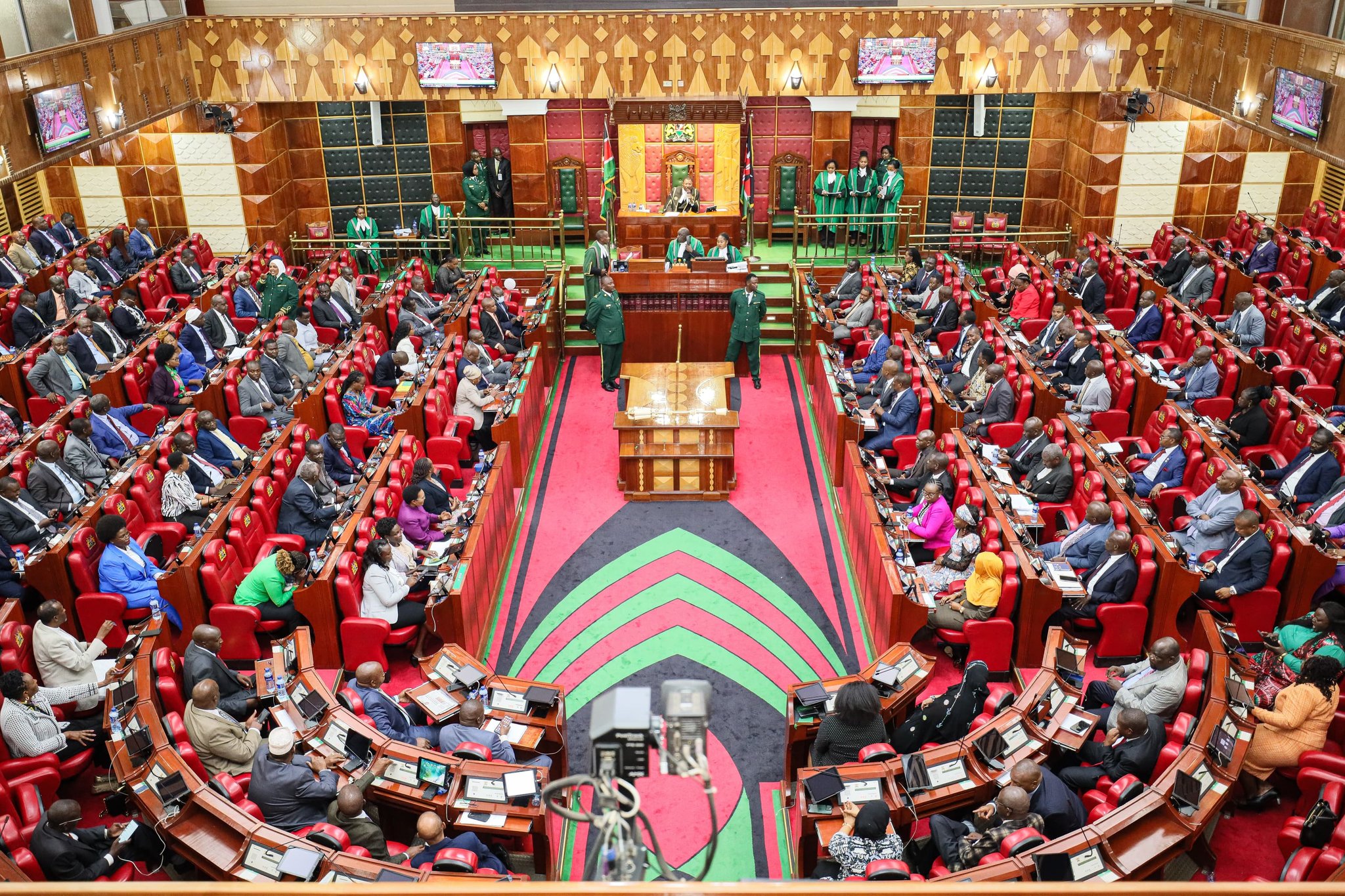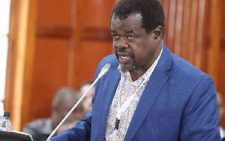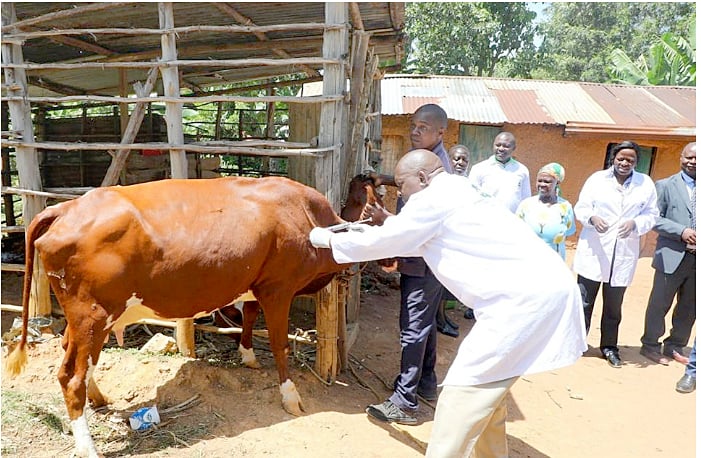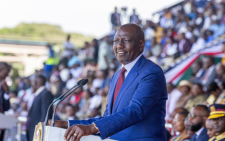House committee throws out electoral proposals on quotas

Lawmakers have rejected a bill that would have allowed the Independent Electoral and Boundaries Commission (IEBC) to use other non-population criteria considerations in the delimitation of boundaries following opposition from various stakeholders.
The stakeholders including IEBC, Electoral Law and Governance institute for Africa (ELGIA), Office of the Attorney General (OAG) and Inter-Religious Council of Kenya (IRCK) argued that some of the proposals have already been taken into consideration and thus ought not to be passed by the House.
The lawmakers who sit in the Justice and Legal Affairs Committee (JLAC), also disclosed that their decision is also based on the fact that the sponsor of the Bill, Laikipia East MP Mwangi Kiunjuri, agreed that the provisions of the Bill be harmonised and consolidated with the IEBC Bill that has since been assented to by President William Ruto.
Resolving inequalities
“The Bill is now spent since the amendments as agreed between the sponsor of the Bill and IEBC have been enacted into law. In light of the foregoing, the Committee resolved to recommend to the House to reject the Bill,” the committee disclosed in its memorandum.
In his bill, Kiunjuri argued that the amendments would have helped resolve population inequalities within constituencies that, according to him, undermine universal suffrage based on the aspiration for fair representation and equality of the vote.
He noted that fundamental to realisation of this principle and to resolving inequalities in constituency sizes is the recognition that the equal opportunity to cast a vote, which is fully realised in Kenya, can mean little if the strength of that vote is not equal.
“Current electoral inequalities cannot be resolved within a single-member constituency system like ours: Inter-county differences in constituency sizes cannot be resolved by an electoral system, like ours, that is only based on territorial constituencies. In urban areas, one could end up with unreasonably small constituencies, a few high-rise apartments, while in rural areas the size of constituencies would make representation impossible,” the MP argued.
However, in its memorandum to the committee, IEBC submitted that the procedure for delimitation of electoral boundaries is already prescribed.
Further, the commission said that it is bound by the stipulations of Article 89 of the Constitution regarding the population quota and thus a proposal that is against the said principles regarding the population quota would be self-defeating and shall not be considered.
“IEBC further submitted that the proposals contained in the Bill were also contained in the already-passed Independent Electoral and Boundaries Commission (Amendment) Bill 2024 and therefore, requested the National Assembly to consider withdrawing or rejecting the current Bill,” the memo read.
The Attorney General also submitted memoranda in support of the Bill, however saying that there is a need for some amendments. In their submission, they submitted the proposed Section 36 meant for repeal was repealed by the IEBC (Amendment) Birl,2024 in its entirety and should be omitted from the Bill. They were of the opinion that the Bill should be withdrawn.
Clear basis
ELGIA submitted that the definition of the “population quota” already exists in the Constitution. It was of the opinion that importing the same to the statute providing the legal framework for the electoral boundaries’ delimitation is agreeable.
“Further, the proposal to insert a new object and purpose of the Act to include providing a framework for the delimitation of constituencies and wards fit well because it expands the main purpose and object of the Act by expanding its scope, the framework of which is now provided for under Part IIIA of the Amendment Act. That the proposed amendment of section 36 already repealed hence spent since the Act has been enacted into law,” they committee observed.
IRCK and Office of the Registrar of Political Parties (ORPP) however submitted memoranda supporting the inclusion of the definition of population quota as it aligns with Article 89 and provides a clear basis for determining constituency and ward boundaries.












